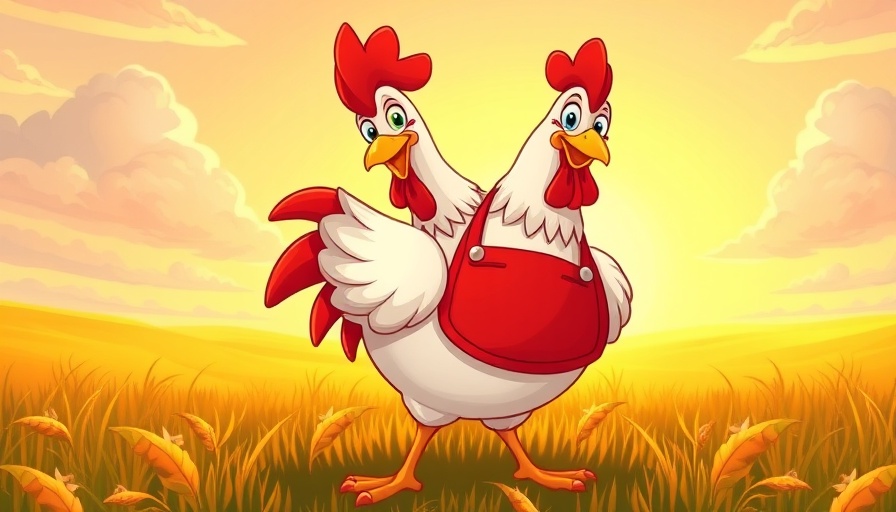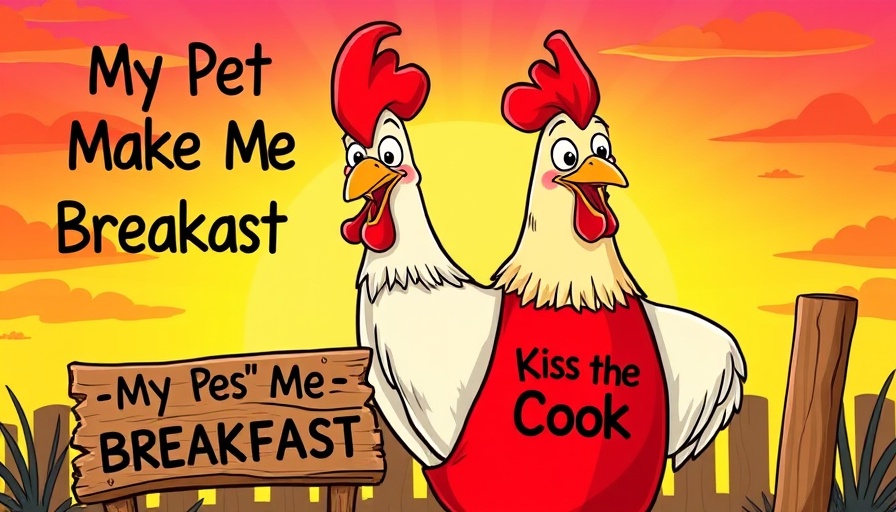
Winter Proofing Your Chicken Coop: Essential Care Strategies
As temperatures drop and winter approaches, the well-being of your chickens can become a pressing concern for both seasoned and novice chicken keepers. It’s a misconception that chickens can fend for themselves in harsh winter conditions. Instead, they require adequate shelter, proper care, and proactive management to thrive during the colder months. Here are key insights into ensuring your feathery companions remain healthy throughout winter.
Your Coop: A Fortress Against the Cold
One of the most significant elements affecting your chickens' comfort in winter is the chicken coop itself. It is crucial to ensure that your coop is well-insulated, draft-free, yet allows for adequate ventilation. While it might seem counterintuitive, good ventilation is critical to prevent moisture buildup, which can lead to frostbite. Sealing cracks, insulating with appropriate materials, and regularly checking for holes can help maintain a stable environment for your birds.
Keeping the Water from Freezing
Chickens need constant access to fresh water, even during the coldest months. The challenge arises when this water freezes. To prevent this, consider investing in heated waterers that maintain the water just above freezing. Regularly check your setup, as malfunctioning heat sources can lead to frozen water dishes, denying your flock essential hydration.
The Importance of a Balanced Diet
During winter, chickens require extra calories to maintain their body heat. Supplementing their feed with scratch grains can provide the necessary energy during the frigid nights. Furthermore, try to find sources of greens, such as sprouted seeds or kitchen scraps, to keep your flock's diet well-rounded and nutritious. The correct mix of warmth, hydration, and wholesome food supports their health and plumage even in the bleakest winter conditions.
Frostbite: Prevention and Treatment
Frostbite is a genuine concern in winter and can afflict chickens, particularly those newly introduced to colder climates or breeds with large combs. Keeping your coop dry, ensuring proper bedding, and avoiding excess moisture will minimize the risks. Utilize monitoring techniques to watch for symptoms and be prepared to act swiftly if you suspect frostbite, as early treatment can save your birds from severe damage.
As you approach winter, take heed of these strategies to winterize your chicken care routine. Remember, proactive management can make all the difference for your feathered friends during the chilly months. This preparation not only ensures their survival but also promotes their health and productivity throughout the winter season.
 Add Row
Add Row  Add
Add 




Write A Comment